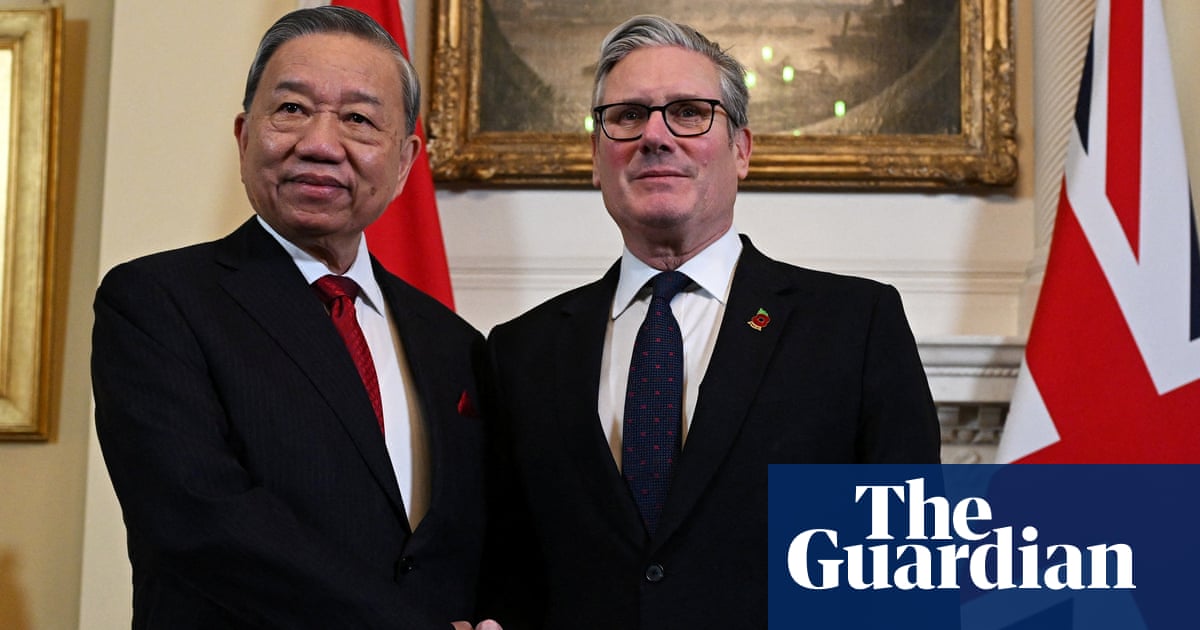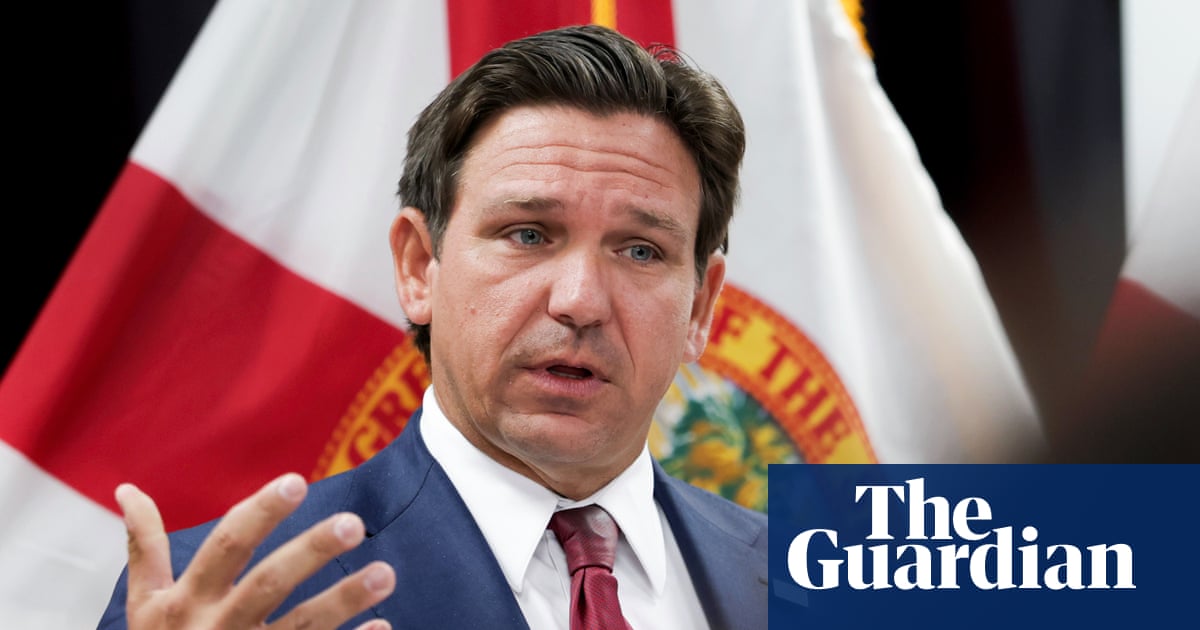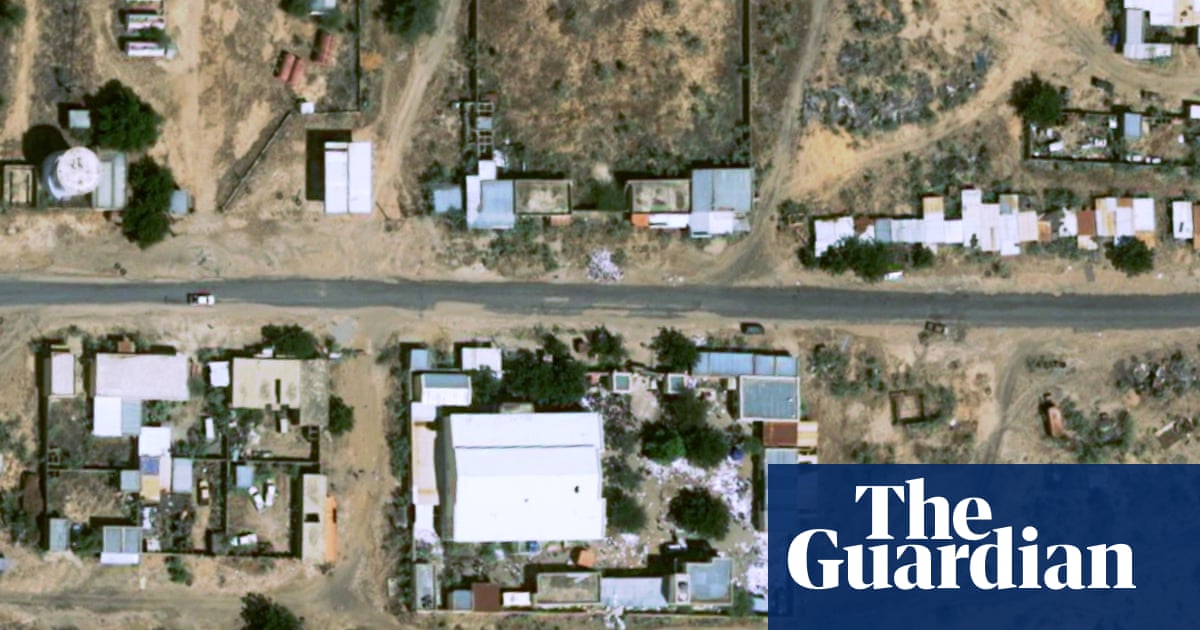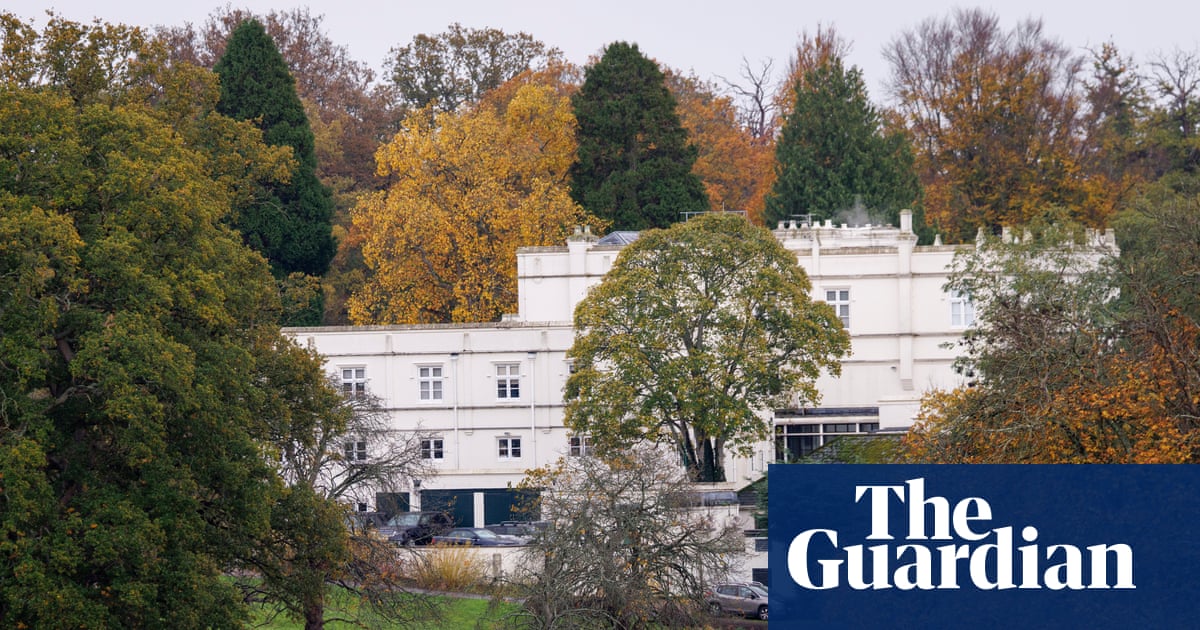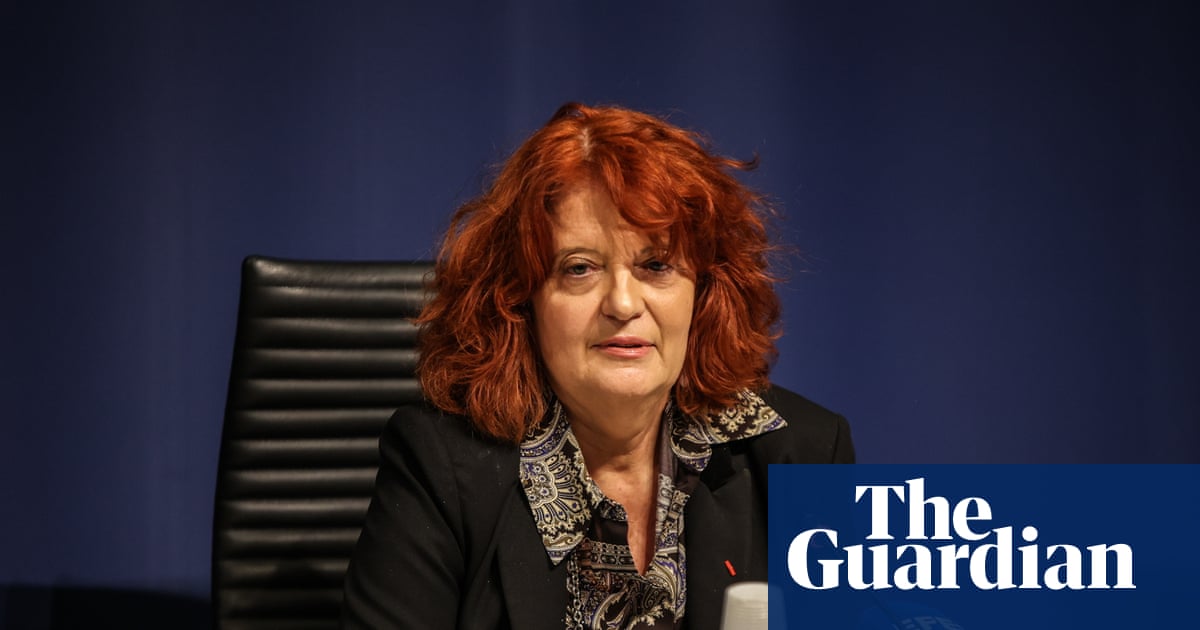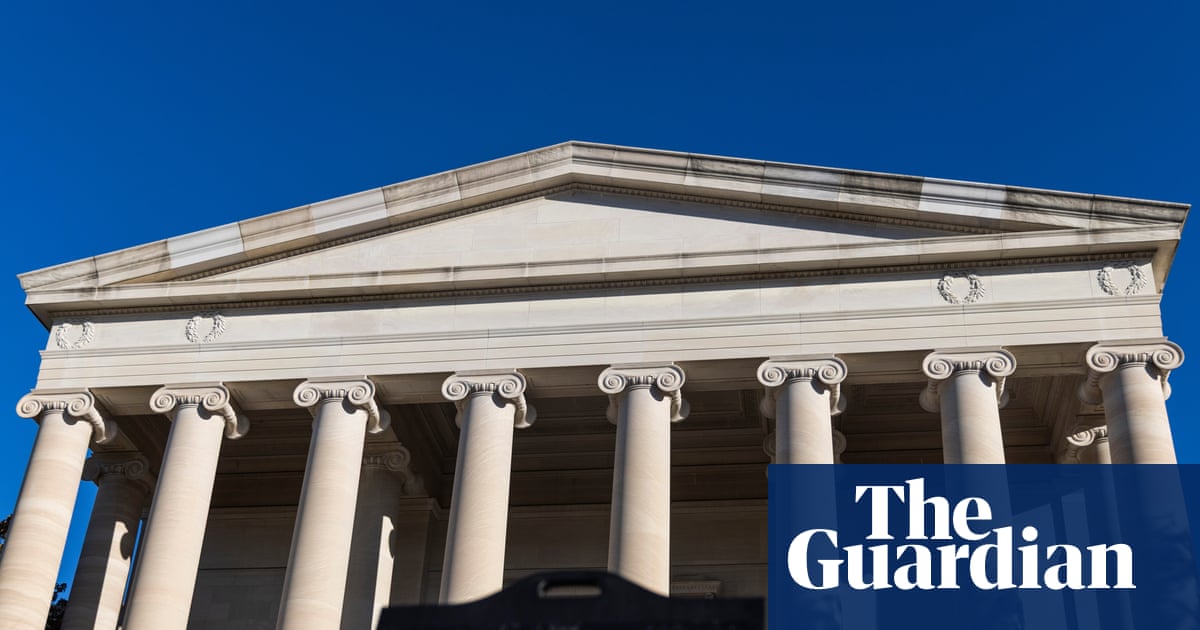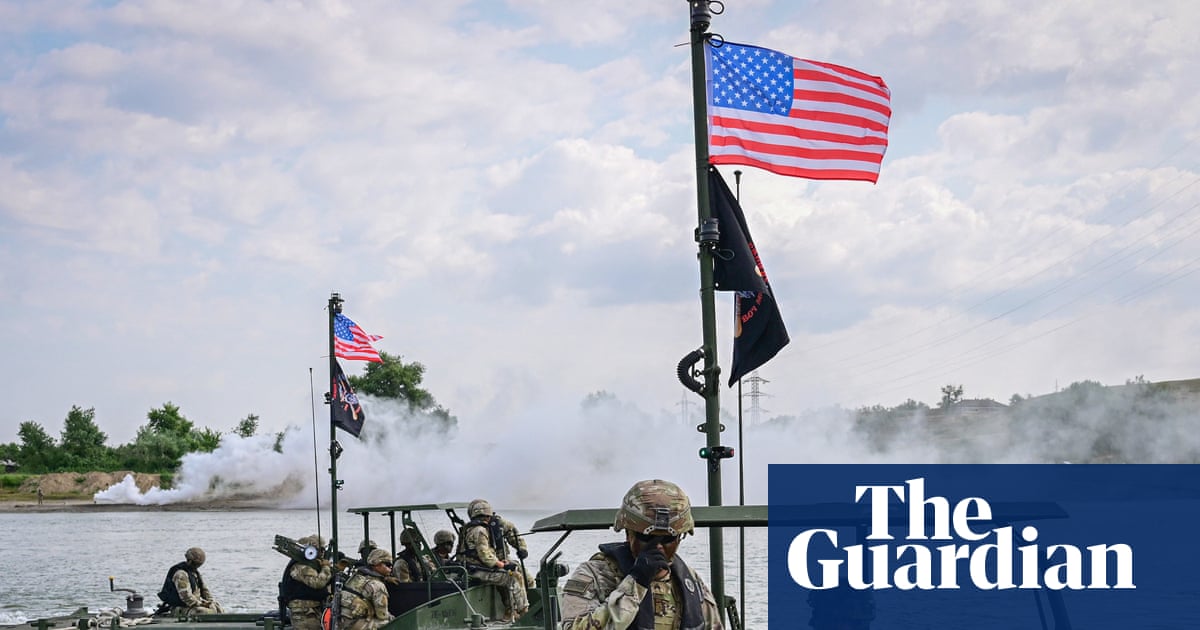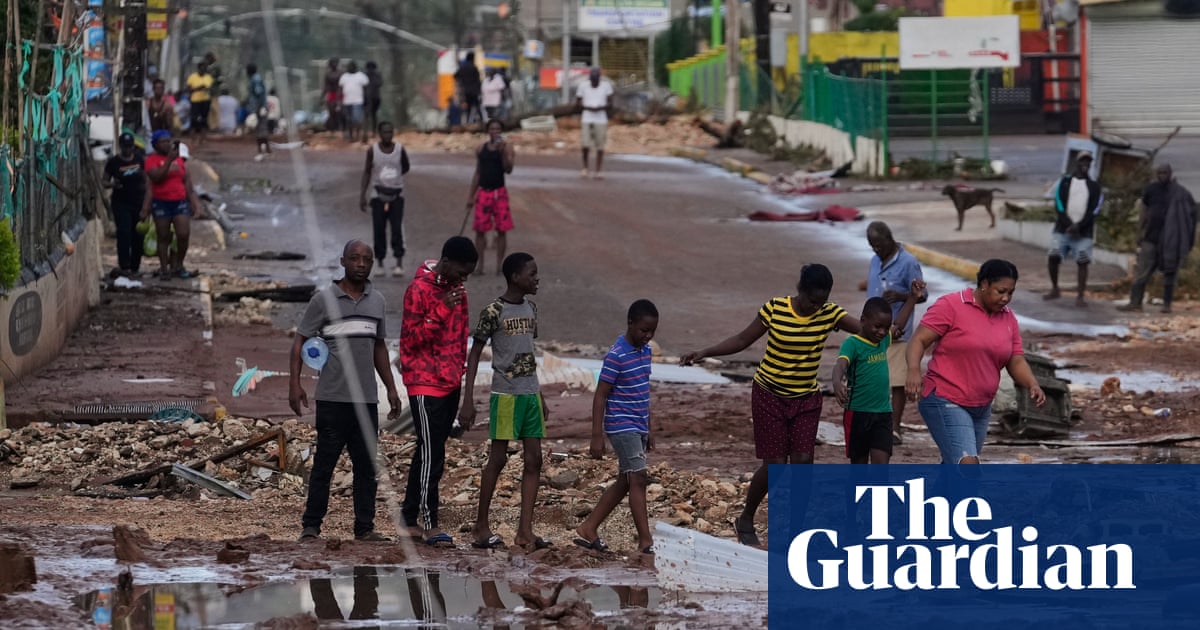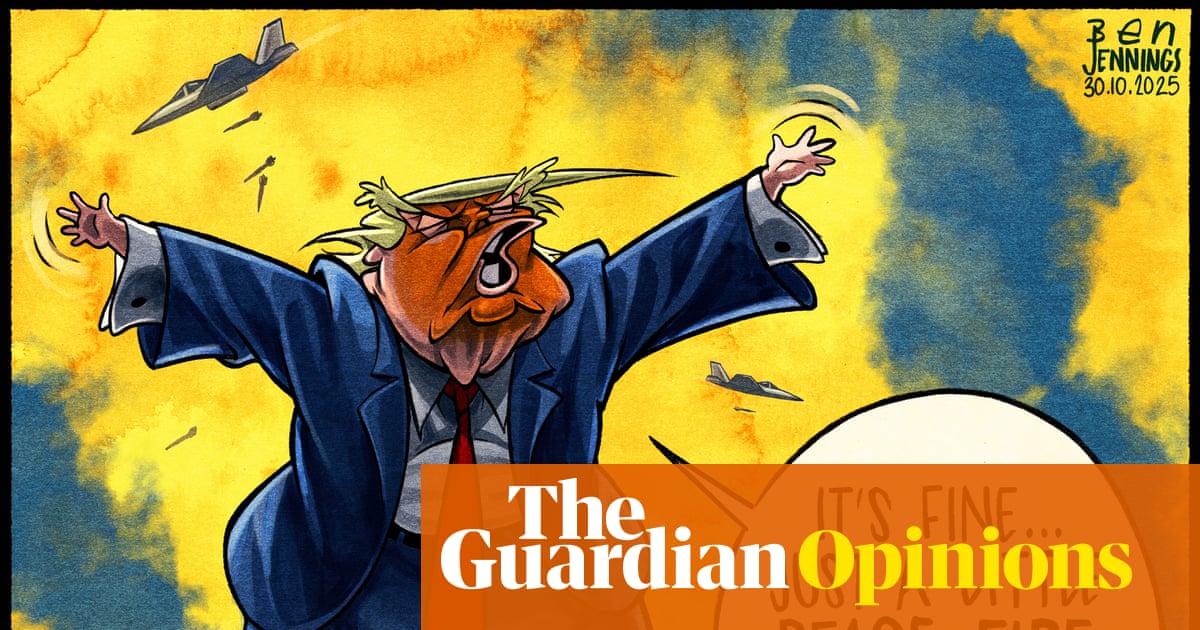The Trump administration has requested that the small Pacific nation of Palau accept asylum seekers currently residing in the US, amid a wider push from the US to deport migrants to countries they are not from.
Palau, a country of about 18,000 that lies just east of the Philippines, is considering a draft agreement to resettle “third country nationals” from the US who “may seek protection and against return to their home country”. The draft agreement does not detail how many individuals may be sent to Palau, nor what the Pacific nation would receive in return.
“Both Parties shall take into account … requests by third country nationals for asylum, refugee protection, or equivalent temporary protection,” the draft agreement, seen by the Guardian, states. “The Government of the United States of America shall not transfer unaccompanied minors pursuant to this Agreement.”
A letter from Palau’s president Surangel Whipps Jr regarding the draft agreement and seen by the Guardian, makes clear the proposal is far from final and is subject to further discussion. It also states Palau would have “full discretion to decide whether or not to accept any individuals.”
The request to Palau marks the latest attempt by the Trump administration to remove migrants from within its borders. A supreme court ruling in June paved the way for the US government to remove migrants and transfer them to countries they are not from. Since then, the US has completed the transfer of migrants including South Sudan and Eswatini.
According to Doris Meissner, who leads the Migration Policy Institute’s US Immigration program and who is a former commissioner of the US Immigration and Naturalization Service, the draft agreement with Palau mirrors other Trump administration requests made to “scores” of other countries for migrant resettlement.
“Because most of the countries are small, far from the US, and not familiar to most Americans, the reason for such actions is primarily to heighten fear within immigrant communities in the US of being sent to distant places where they have no family or other connections,” Meissner said.
Unlike the United States, Palau is not a signatory to the UN Refugee Convention, an international treaty which obliges countries to protect people fleeing persecution and which provides a framework on how asylum seekers and refugees should be treated in the country of refuge. Noting this, the draft agreement states that Palau would instead act “in accordance with its constitution” and its “underlying humanitarian principles”.
Last week Palau’s President convened a meeting with the country’s national congress and Council of Chiefs to discuss the request. In response to questions on the matter, Palau’s Office of the President directed the Guardian to a statement issued after the meeting, stating that leaders “reiterated their longstanding partnership with the United States” but more information was needed “before any decision is made”.
A spokesperson from the US state department said that it was a “top priority” to implement “the Trump Administration’s immigration policies”.
“In some cases, we will work with other countries to facilitate the removal from the United States of nationals of third countries who seek asylum or other forms of protection in the United States,” the spokesperson said. “Ongoing engagement with foreign governments is vital to deterring illegal and mass migration and securing our borders.”
Palau holds deep ties with the US under a Compacts of Free Association (Cofa) agreement, which gives the country millions of dollars in budget support and aid. In 2023, Cofa funds accounted for about 30% of Palau’s government revenue. This relationship may mean Palau’s leaders “feel pressured to accept this deal,” Camilla Pohle, a Pacific analyst, said.
“The compact provides Palau with a lot of funding as well as programs and services, and there’s so much uncertainty under Trump about what kinds of things could end up on the chopping block,” said Pohle, whose position with the US Institute of Peace was recently terminated as a result of cuts made by the Trump administration.
“A deal like this has no material benefit to Palau whatsoever, and if Palau agrees to it, it will be essentially under duress, fearing that if they say no, that there will be some kind of negative repercussion,” she added.
Pohle said that coupled with the Trump administration’s decision to pull away from its climate commitments – a key priority for Pacific nations – the request would have a long-term impact on geopolitics in the region.
“This kind of policy is doing such damage to the US strategy in the Pacific that China will easily be able to capitalise on it,” Pohle said. “It’s taking what the Trump administration wants while offering almost nothing in return.”
This is not the first time the US has asked Palau to accept people. In 2009, Palau agreed to resettle 17 Chinese Muslims held in Guantánamo Bay.

 3 months ago
45
3 months ago
45

